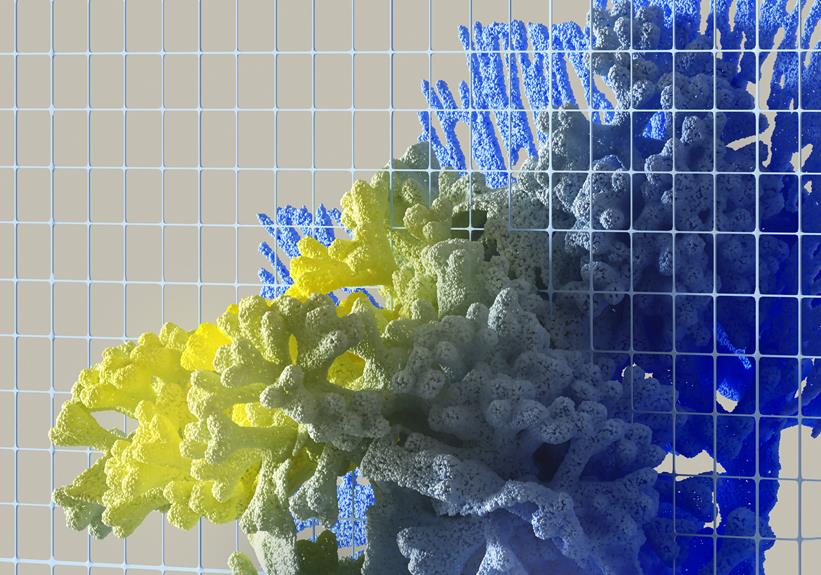You're navigating a world where AI is revolutionizing content creation. But have you considered the ethical implications? It's vital to not just embrace this tech, but to do so responsibly.
In this piece, we'll explore why ethical AI is crucial, how to implement it, and draw from real-world examples. Get ready to understand the future of content creation, where ethics and AI go hand in hand.
Let's ensure you're ahead of the curve, ethically.
Key Takeaways
- Ethical AI ensures accurate representation and a balanced perspective in content creation.
- Biased AI can misrepresent reality and marginalize certain groups, highlighting the importance of ethical AI usage.
- Ethical AI prioritizes data protection and privacy, respecting individual privacy rights.
- Unethical AI can result in skewed content and damage brand reputation, emphasizing the need for ethical AI practices in content creation.
Understanding AI in Content Creation
In the realm of content creation, you've likely noticed the increasing role of AI, but understanding its full potential and implications is crucial. It's not just about churning out more content; it's about refining the process and enhancing the quality of what you produce.
You see, AI can analyze vast amounts of data quicker than any human. It can predict what content will resonate with your audience, and even suggest topics that you haven't thought of. It's like having a super-powered, data-driven content strategist by your side. But there's more to it. AI can also create content. It's not perfect, and it can't replace human creativity, but it can certainly help to lighten the load.
However, it's not all sunshine and rainbows. There are ethical implications to consider. AI is only as good as the data it's fed. If that data is biased, the output will be too. That's why it's essential to use diverse and unbiased data when training your AI.
Moreover, AI can't understand cultural nuances and sensitivities like a human can. It's on you to ensure the content it produces is appropriate and respectful.
And don't forget about transparency. If you're using AI to create content, it's good practice to let your audience know. It's all about building trust.
Ethical Concerns in AI Usage
Let's shift our focus now to the ethical concerns that come up with AI usage.
You might've heard about the impacts of AI bias and how it affects the content that's created.
Concerns about privacy are also paramount, as AI has the potential to access and use personal data in ways that may not be ethical or legal.
AI Bias Impact
You should be aware that AI bias is a significant ethical concern in content creation, potentially skewing information and influencing public opinion. It's rooted in the fact that AI systems learn from data that's already biased, hence they can unintentionally perpetuate and magnify these biases.
For instance, if an AI prioritizes content from certain demographics over others, it can create a distorted, unfair narrative. This doesn't just misrepresent reality, it also risks marginalizing certain groups.
Additionally, biased AI can lead to the spread of misinformation, affecting democratic dialogue. Therefore, ethical AI usage is vital in content creation. It ensures everyone's views are represented accurately and fairly, promoting a balanced, inclusive perspective.
Privacy and AI
Moving on from the issue of bias, another critical ethical concern you'll encounter in AI-driven content creation is privacy. As AI learns from data, it's important to question where this data comes from. Unfortunately, some AI technologies can unknowingly infringe on an individual's privacy rights by collecting, storing, and analyzing personal data without explicit consent. This can lead to breaches of confidentiality, causing potential harm to individuals.
It's crucial that AI developers prioritize ethical standards, ensuring data protection and privacy are paramount. Implementing ethical AI ensures data is used responsibly, respecting people's privacy, and offering transparency in data collection methods. In doing so, you'll create content that's not only engaging but also respectful of individual privacy rights.
Importance of Ethical AI
In the realm of content creation, it's crucial to understand how ethical AI can significantly impact your strategies and outcomes. This technology isn't just about generating content faster or predicting trends more accurately. It's about ensuring that the content you create is fair, unbiased, and respectful to all users.
Imagine you're using AI to curate content for your website. If your AI isn't programmed ethically, it might show bias towards certain topics or demographics, resulting in skewed content that doesn't fairly represent your audience. This can damage your brand's reputation, and even lead to legal issues.
Besides, ethical AI also ensures transparency. You should be able to explain why your AI recommends certain content, and how it's been trained to make these decisions. This isn't just about ticking off a compliance checklist. It's about building trust with your audience, who are increasingly aware and concerned about how their data is used.
Additionally, ethical AI protects user privacy. It respects individual users' data rights and ensures that any personal information is used appropriately and securely. This is particularly important as data breaches can have severe consequences for your brand.
Lastly, ethical AI promotes inclusivity. It's designed to understand and cater to a diverse range of users, not just the majority. So, when you integrate ethical AI into your content creation process, you're not only ensuring fairness and transparency, you're also fostering a more inclusive and respectful digital space. And that's something we can all get behind.
Implementing Ethical AI Practices
With the importance of ethical AI established, let's delve into how you can implement these practices in your content creation process. The steps aren't as daunting as they might seem at first. Let's break it down into four manageable parts:
- Transparency: Always be clear about the use of AI in your content creation process. Let your audience know when and how AI is involved in producing the content they're consuming. It's about building trust through transparency.
- Data Privacy: Respect your audience's privacy. If your AI tools are gathering data from your users, ensure it's done in an ethical manner. Inform users about the data you're collecting, why you're collecting it, and how you plan to use it.
- Bias-Free Content: AI systems are only as good as the data they're trained on. If the data is biased, the AI will produce biased content. Make sure you're using a diverse dataset for training your AI tools.
- Continuous Learning and Improvement: AI isn't perfect. You'll need to monitor the performance of your AI tools and continually refine them based on feedback.
Implementing ethical AI in content creation isn't just about following a set of rules. It's about creating a culture of responsibility and respect for the power of AI. Remember, the key to successful AI integration lies in striking a balance between technological innovation and ethical considerations. It's about using AI to enhance your content, not at the expense of your audience's trust or privacy.
Case Studies: Ethical AI in Action
So, how does ethical AI look in the real world of content creation? Let's delve into a couple of case studies to illustrate this.
Consider OpenAI's GPT-3, a language prediction model. It's extensively used for writing assistance, translations, and even creative content generation. However, OpenAI has set strict usage policies to prevent misuse, promoting ethical AI use. They've prohibited applications that spread misinformation, generate harmful or biased content. They're continually refining the model to minimize unintentional biases.
Another example is Jigsaw's Perspective API, designed to improve online conversations. This tool uses machine learning to identify and filter toxic comments, preventing online harassment. However, the developers recognized the risk of the system overstepping its bounds, censoring valid criticisms or controversial opinions. To address this, they've implemented a feedback loop, allowing users to report false positives. This continuous learning and improvement is an essential aspect of ethical AI.
These case studies show that ethical AI in content creation isn't just about preventing harm. It's about balancing the benefits of AI-powered content generation with the need to respect user's rights and ensuring fair and unbiased outcomes.
You have a responsibility to ensure that the AI tools you use or develop respect these ethical principles. It's not always easy, but with careful planning, transparency, and a commitment to continuous improvement, it's certainly achievable.
Future of Ethical AI in Content Creation
As you embrace the future of content creation, it's crucial to understand how ethical AI will continue to shape this domain. Ethical AI isn't just a buzzword; it's a necessity for creating content that's fair, accurate, and unbiased. It's the linchpin for a new era of content creation, where algorithms and AI do more than just automate tasks—they adhere to ethical standards, too.
To grasp the potential impact of ethical AI in content creation, consider these four future possibilities:
- Personalisation at scale: Ethical AI can help produce personalised content for each user without compromising their privacy. It's about striking the perfect balance between personalised recommendations and respect for user data.
- Combatting misinformation: By adhering to ethical guidelines, AI can play a significant role in debunking fake news and promoting factual content, enhancing the credibility of the online space.
- Accessibility: Ethical AI can make content more accessible to people with disabilities, translating text to speech, providing image descriptions, and making content easier to navigate.
- Diversity and inclusion: Ethical AI can ensure that content is inclusive and diverse, representing a range of perspectives and voices, and avoiding harmful stereotypes and biases.
Frequently Asked Questions
What Specific Skills Are Required to Develop Ethical AI in Content Creation?
To develop ethical AI in content creation, you'll need a mix of technical and soft skills.
You'll need proficiency in AI and machine learning technologies, a deep understanding of ethical principles, and the ability to apply them to AI.
You'll also need problem-solving skills to navigate ethical dilemmas, communication skills to explain your decisions, and a commitment to continuous learning, as the field of AI ethics evolves rapidly.
How Does Ethical AI Relate to Copyright Laws in Content Creation?
You're wondering how ethical AI relates to copyright laws in content creation.
Ethical AI respects copyright laws by only using content it's permitted to use. It won't plagiarize or steal content from copyrighted resources, maintaining the integrity of the content it produces.
Additionally, ethical AI can be programmed to recognize and avoid using copyrighted materials, ensuring you're not inadvertently infringing on someone else's rights.
It's crucial for maintaining legal and ethical standards.
Can Ethical AI Be Applied to Other Industries Apart From Content Creation?
Absolutely, ethical AI isn't just applicable to content creation. It's crucial in any industry where AI is used.
From healthcare to finance, ethical AI helps ensure fair and transparent decision making. It prevents biases, protects user privacy, and upholds trust.
What Are the Costs Associated With Implementing Ethical AI in Content Creation?
Implementing ethical AI in content creation can be costly. You'll need to invest in quality AI technology and skilled professionals to manage it.
Training AI models to recognize and avoid unethical practices also requires resources.
Additionally, maintaining transparency and accountability in AI operations might increase operational costs.
Despite these expenses, the benefits of ethical AI, such as improved user trust and compliance with regulations, can outweigh the initial investment.
What Are the Potential Drawbacks or Limitations of Using Ethical AI in Content Creation?
You might encounter several drawbacks when using ethical AI in content creation.
Firstly, it could limit creativity, as it operates within strict ethical guidelines.
Secondly, it's also possible that it may not fully understand cultural nuances, leading to misinterpreted or offensive content.
Furthermore, the cost of maintaining and updating ethical AI systems can be high.
Lastly, ethical AI's reliance on data could raise privacy concerns, as it often requires extensive user information.
Conclusion
In conclusion, you need ethical AI in your content creation journey. It's not just about efficiency or convenience; it's about ensuring fairness, transparency, and accountability.
It's about using AI wisely, respecting your audience's rights, and enhancing your brand's reputation.
Whether you're just starting or are an established content creator, ethical AI is the future.
So, start embracing ethical AI practices today, and prepare for a more responsible, inclusive content creation tomorrow.
















